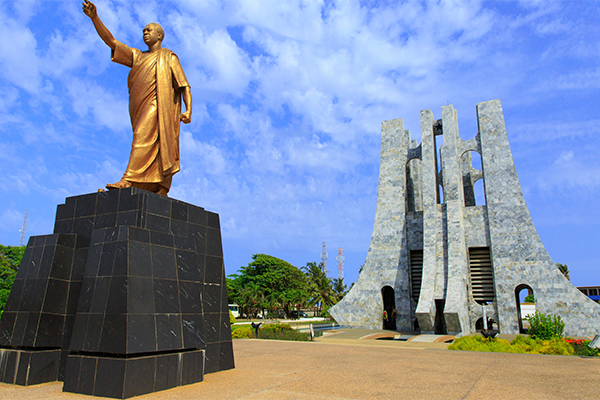CTI West Africa Workshop: Spotlight on Investigative interviewing

Last week, from 13-15 April, the Convention against Torture Initiative (CTI) held an online workshop on investigative interviewing for five West African States. Hosted by CTI Core State of Ghana, and organised in partnership with the Norwegian Centre for Human Rights (NCHR) together with the support of the Committee for the Prevention of Torture in Africa, the event aimed to build the capacity of police services and broader criminal justice actors on non-coercive interviewing methods, with a view to preventing torture and ill-treatment, to improve the reliability of interviews and to strengthen the fair administration of justice.
The balanced relationship between professional policing for the pursuit of justice alongside the commitment to uphold human rights and essential safeguards formed the crux of the discussions spanning over three-half days. With over thirty participants from Ghana, the Gambia, Liberia, Nigeria and Sierra Leone, alongside eminent experts and practitioners on police interviewing, psychology and torture prevention, rich exchanges were conducted on the necessity to shift from confession-oriented and pressurised interrogation methods towards investigative interviewing with its emphasis on building rapport.
Working together on greater professionalization of our police services, adequate training on torture prevention and investigative interviewing, and building the capacity of criminal justice actors, such as judges, prosecutors and lawyers, in preventing torture and ill-treatment, we can reduce risks and incentives to use such abhorrent acts and ensure greater accountability when these occur.
Hon. Ambrose Dery, Minister of the Interior of Ghana
The workshop presented participants with the benefits of implementinginvestigative interviewing for their national criminal justice systems, including to improve the outcome of investigations and to build safer societies based on validated trust in police and law enforcement policies and practices. Also highlighted was the importance of seeing investigative interviewing as a process, which includes implementing legal and procedural safeguards against torture and ill-treatment before, during and after police questioning – notably the rights of prompt access to a lawyer and to have him/her present during questioning, to be notified of such procedural rights, the right to a medical examination, and to be promptly brought before a judge.
Drawing on best available scientific evidence, the malleability of human memory and the role it plays during an investigative process was discussed. Participants and experts shared examples of cases reflecting the impact that improper interviewing techniques can have on the fair administration of justice, and the devastating impact it can have on peoples’ lives.
Unfortunately, if you don’t understand communication and the impact on memory – if you don’t understand what memory is – then you may be getting unreliable information unwittingly, and you’re making then misinformed decisions in your investigations and, at worse, that could result in a miscarriage of justice.
Becky Milne, Professor of Forensic Psychology, University of Portsmouth
Participants also shared national experiences on interviewing and conducting criminal investigations, highlighting challenges encountered, such as implementing essential safeguards, due to restrictions such as human resource and financial constraints. Giving highly positive feedback on the event, representatives of the West African States emphasized the usefulness of the training programme, and their keenness to share and implement such strategies within their national systems.
The event also welcomed Hon. Ambrose Dery, Minister of the Interior of Ghana; Hon. Hatem Essaiem, Chairperson of the Committee for the Prevention of Torture in Africa; H.E. Ramses Cleland, Ambassador and Permanent Representative of Ghana to the United Nations in Geneva; and John Ståle Stamnes, Assistant Chief of Police at the Police University College of Norway.
A second component of this professional training workshop is expected to take place in-person, when international travel restrictions allow.
For any other queries, please contact the CTI Secretariat at info@cti2024.org and the NCHR at info@nchr.uio.no.

